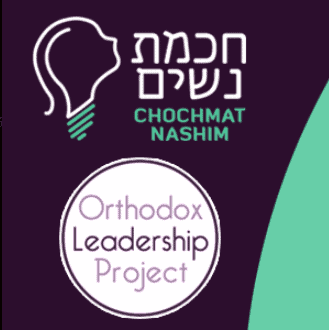We live in a time of heightened polarization, where divergent camps often operate in silos and interact in hurtful ways. We see this within the broader American political community, within the Jewish community and between the American Jewish community and Israel. How can we begin to heal these rifts? Are there steps we can take to build bridges across increasing divides? The story of Joseph and his brothers, which begins in Parshat Vayeshev, serves as a model for initiating engagement amidst polarization.
The story opens with 17-year-old Joseph boasting of dreams in which his brothers, and then his whole family, seem to bow down to him. Joseph, perhaps encouraged by his father’s devotion to him, sees himself as separate from, and superior to, his brothers. It is not surprising that he brings dibatam ra’ah, evil accounts, against his brothers to his father. Once one removes oneself from a group and sees oneself as superior, it is easier to criticize and harshly judge that group as a whole.

